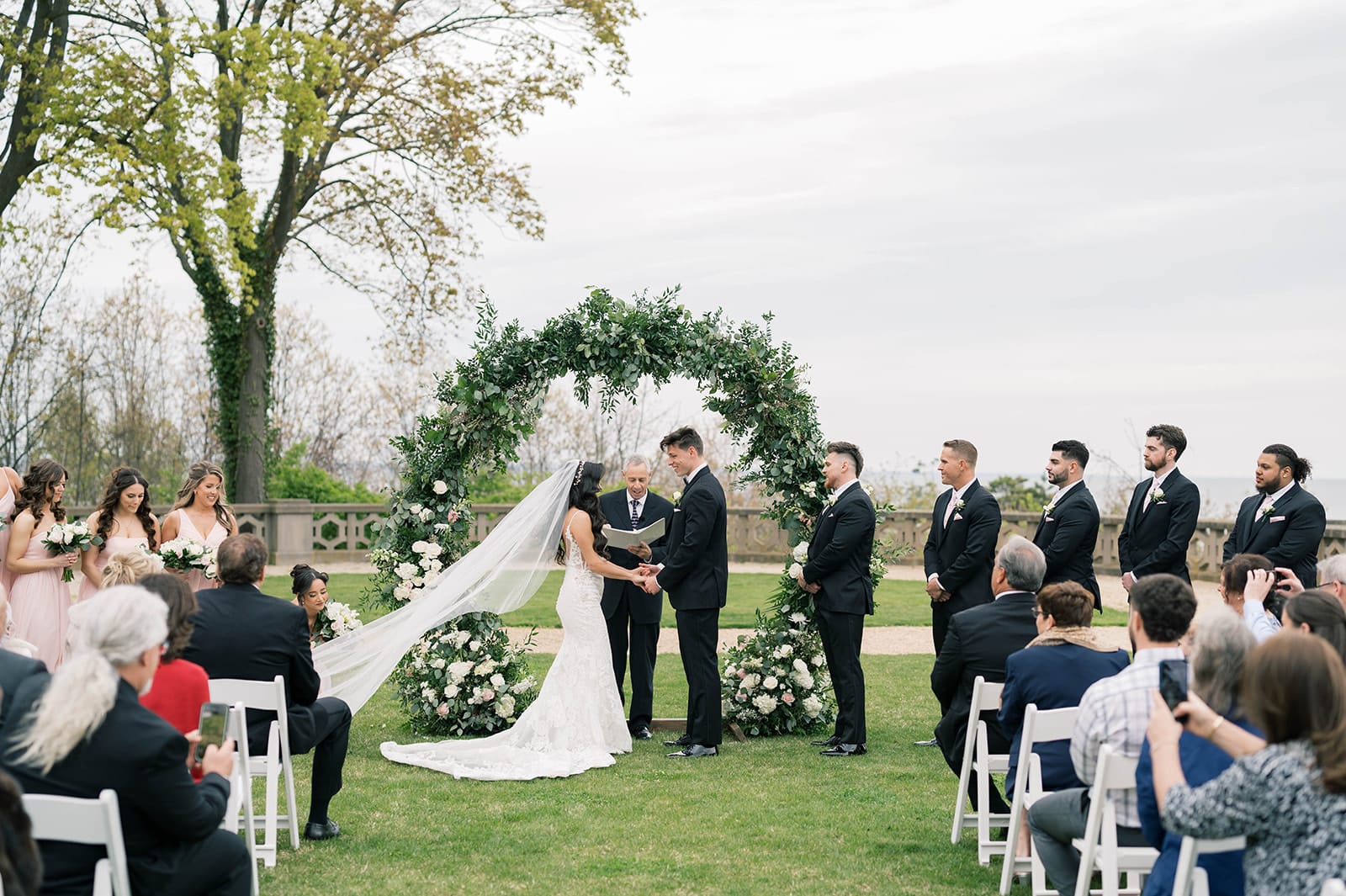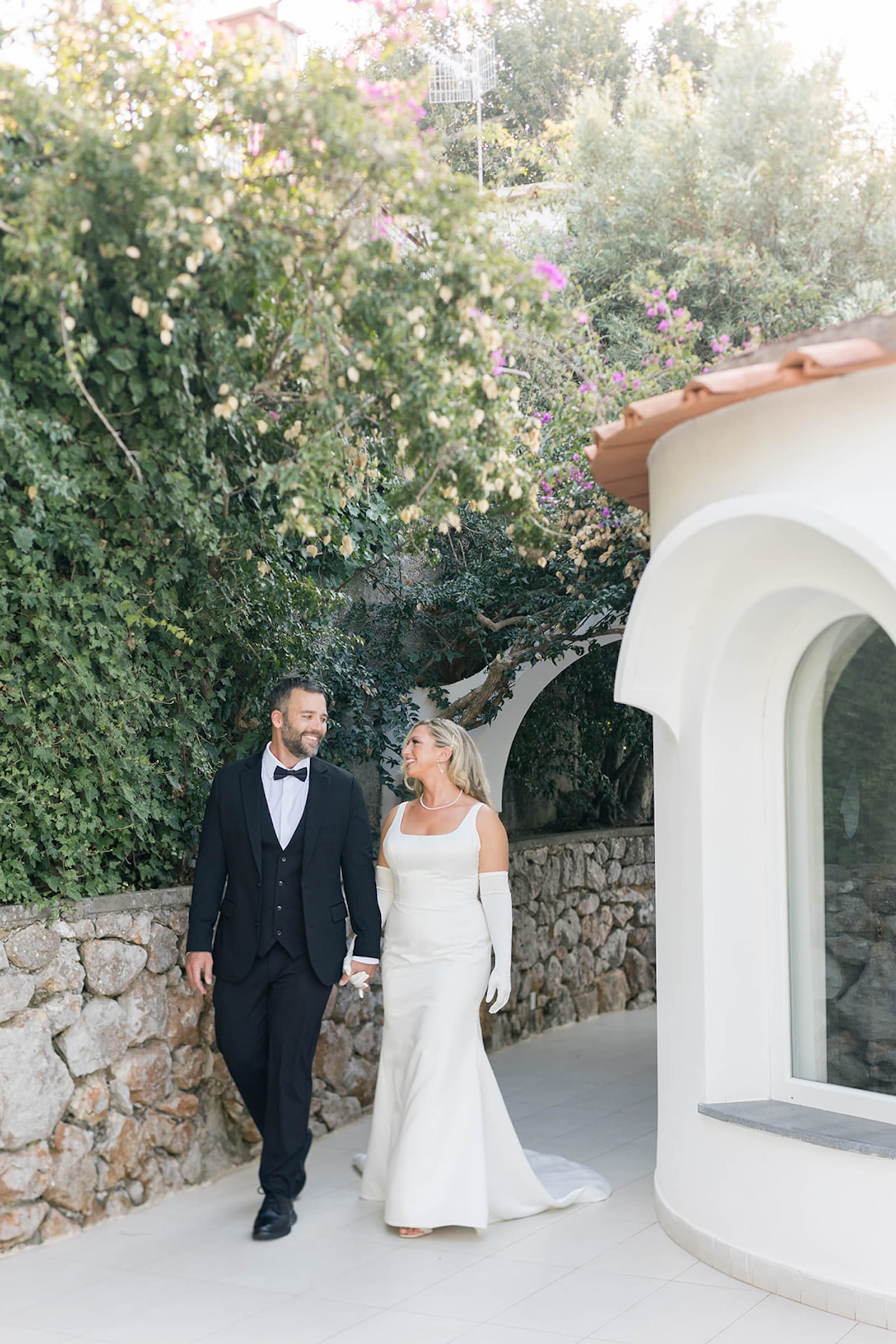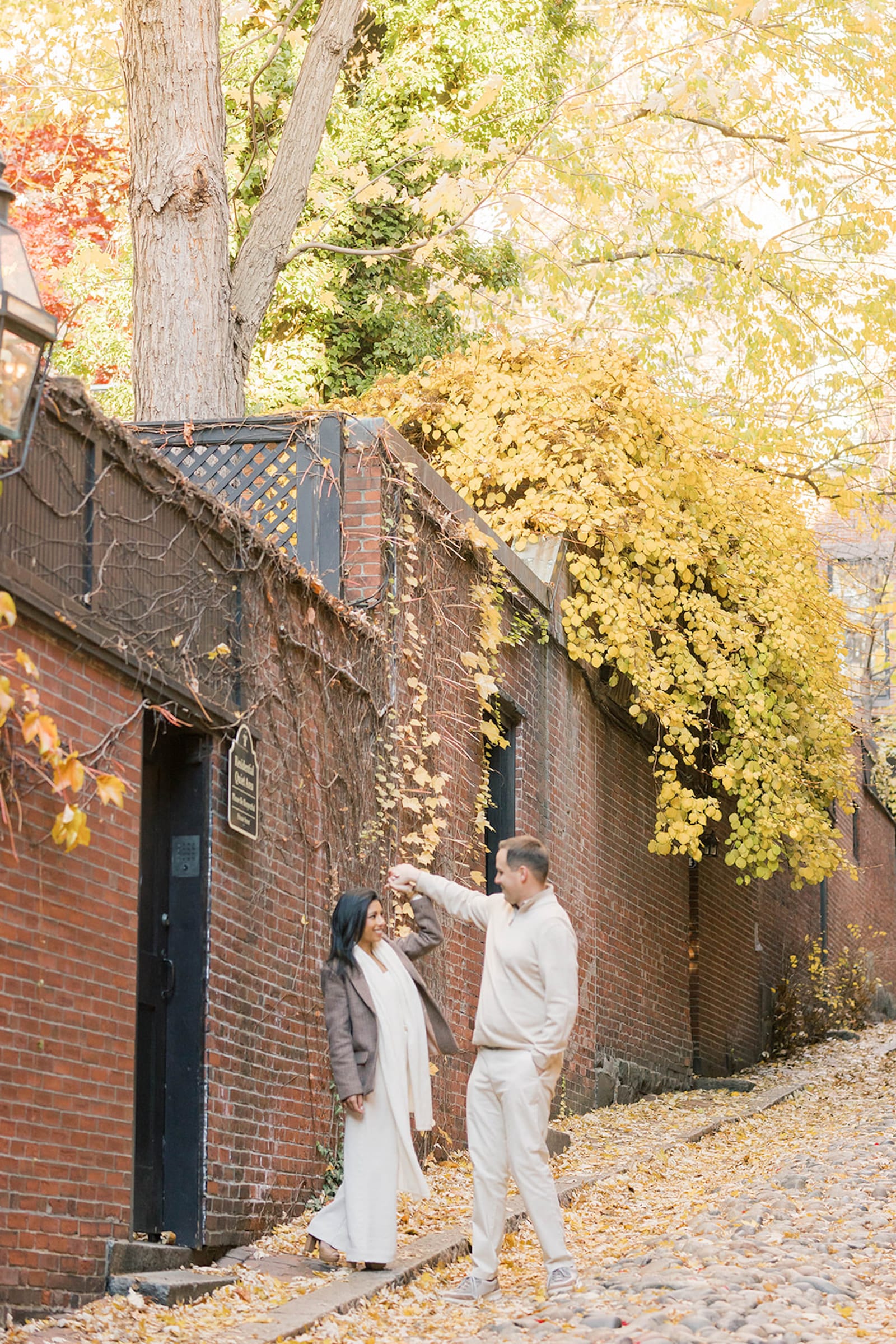It’s that time of year – wedding season has started and more than a few of my brides have “casually” mentioned to me that they will lose x-amount of lbs before their wedding. As someone who has always enjoyed working out…and rewarding myself with a cupcake…I thought I would go to a pro to ask for advice on weight loss. There are so many tips, tricks, herbs, programs, and straight up confusion out there about weight loss that I figured it was time to get back to the basics. My best friends younger sister has a blog about health, saving, and other life balances so recently I decided to ask her to chime in on the whole weight loss issue. I have never needed to worry too much about my weight but when I hit 25 years old I began noticing that my weight began shifting other….*ahem*….less flattering areas of my body. So in the last 2 years I have had to be much more conscious about what I eat. There is nothing more draining than for an Italian to have to watch what they eat, so I found myself constantly getting discouraged. After reading an article by Carrie about simple calorie counting, I decided to give it a shot. Since then I have counted calories most days and actually find it to be rather fun and, more importantly, successful!
Without further ado, meet Carrie.

From Carrie:
I recently dropped twenty extra pounds and three pretty pant sizes this year. It cost me a lot in the form of discipline, hard work, and planning in advance, but it didn’t cost me a single penny for extra food, books, or diet plans. But before I go into detail about how I went from a size 10 to a size 4, let me tell you a little about my background.
Ever since I was very young, as early as five years old, I’ve gone to food for comfort. Although I was raised in a loving, Christian home with married parents and a comfortable living, life still had its hurdles. And every time one of those hurdles came my way, food was always there for me. I can remember the chore it was to retrieve my favorite snack as a child. Daily I’d run into my mother’s country- decorated kitchen and grab an “adult spoon” from the drawer. I’d pull myself up onto the counter, open the cupboard doors above the microwave to browse through the condiments, spices, and flavorings, and there I’d find my gold: rich, creamy peanut butter. I’d usually only take the allowed one tablespoon. But if I was feeling sneaky, I’d take two.
This pattern of eating whatever I wanted in life continued well into my adult years, though the affinity for peanut butter eventually turned into the love of egg drop soup, grilled cheese, McDonalds’ cheeseburgers, and Ben & Jerry’s ice cream. I was blessed with a fast metabolism in high school, so I never put on extra weight. My first year of marriage, however, was not so kind. It was the day of my one-year marriage anniversary after I had put on close to 15 extra pounds that I realized eating anything I wanted was not only unhealthy, but also destructive. So that’s when I decided to make a change.
Luckily, I have a dietetic degree-holding mother who loves nutrition more than she loves me. While vacationing to visit her and my Dad this past summer, she and I put together a dietary plan for the following months. There weren’t very many difficult and lofty rules to remember, and having someone so close to me kept accountability simple. Now I’m not claiming that this is necessarily the best or only way to lose weight, but it worked for me. And my hope is that some of these tips can benefit you on your journey to better health.
I set a realistic goal
As much as I wanted to drop twenty pounds in two weeks, I knew that would not only be unhealthy, but that it wouldn’t last either. My diet coach and I discussed a BMI that would be in a healthy range for my height and weight (a good and easy one can be found here) and once we determined the number, we estimated how many weeks out the goal should be set for. We determined three and a half months would be a good and ideal time to try and attain my goal. This allowed me to average about 1 ½ pounds of weight loss per week.
I counted calories
This is the part where you have to be honest with yourself. You need to determine how many calories you eat every day, on average. I was eating well over the recommended 2,000 calories a day when I factored in all the junk I ate on a regular basis.
Losing one pound requires burning (or not eating) 3,500 calories. So in theory, in order to lose one pound a week, you’d decrease your calories by 500 a day. So if you normally eat 2,200 calories, you’d cut it back to 1,700. By the end of the first week, you should have lost one pound. For a basic calorie counting weight loss tool, go here. Now, this is all theory. Everyone is different and the frequency of weight loss varies, especially at the beginning. The important thing to remember is slow weight loss equals healthy weight loss. You may lose three or four pounds a week for the first two weeks. But it’s important that your body starts slowing down the weight loss process within about a month, otherwise you’re starving your body, and that’s no good.
Again, I want to reiterate that this is not the only way to lose weight. I know several people who cringe at the word calorie. The idea of counting them is not their thing. That’s fine! Find a healthy eating plan that’s right for you and stick to it. Like I said before, this is just how I did it.
I kept a food journal
I heard a quote once, “If you bite it, write it. If you nibble it, scribble it.” This is basically what kept me on track through the duration of my weight loss. Any time I ate anything (and I mean ANYTHING), I’d record it in my journal.
It’s estimated that one bite of mindless snacking equals 25 calories. If you follow a strict diet and don’t see any weight loss, really be honest with yourself and think back on all the nibbles you may have taken here, or the “just tastings” you may have taken there. Six extra snacking bites equals 150 extra calories. That’s 15 extra pounds in a year!
I didn’t restrict any food from my diet at the beginning, as that would’ve caused me to fail from the start. But it took only three days of eating the normal burgers, candy, and sugar-filled cereals to realize that empty calories not only took up way too much of my allotted calories, but they also left me feeling famished and hungry with nothing left to eat by the evening. So I began to incorporate more vegetables, fruits, beans, whole grains and lean meats into my diet, and that helped keep me satisfied throughout the day.
I planned for potential pitfalls
If you know you’re going to dinner at a friend’s house, or out to eat at your favorite restaurant, plan accordingly. I’d always eat a leaner breakfast of egg whites and ham and a modest lunch of baked chicken with a side of veggies for lunch if I knew I’d be in a situation later that evening where I wouldn’t be eating “healthier.” Luckily, most restaurants now have their nutritional information online, so you can know exactly what you’re going to eat before you even get there.
When you go to a friend’s house, and you obviously didn’t make the food yourself, just guesstimate. The longer you’re in this calorie-counting mindset, the better you’ll be at knowing the calorie content of certain foods just by looking at them, and you can just guess on the amounts placed in front of you. You’ll more than likely be off by a bit, but as long as it’s not happening all the time, it’s not going to make a noticeable difference. Just don’t allow yourself to throw in the towel, not count at all, and go hog wild on chimichangas and desserts.
The biggest challenge I faced at the beginning was when my husband and I counseled at a church camp for two weeks this summer. I knew the food, although delicious, wouldn’t be healthy and there would most likely be no way to monitor how many calories I was eating. So I brought a microwave, a mini fridge, and two weeks’ worth of groceries and made my own meals the whole time. This was intense, and sometimes almost not worth it. But I knew gaining weight within the first month of starting new eating habits would’ve thrown me off course so much that I may not have stuck with it.
I communicated with my accountability weekly
In order to not become overly-obsessed, I only weighed myself once a week- Saturday mornings. I’d include “weigh loss this week________ Difference of ________ pounds” next to Saturdays date in my food journal. This was a nice, organized way to keep track.
After the weekly weigh in, I’d give a call to my diet coach and fill her in on my progress for the week. I’d tell her the different things I ate and she’d evaluate how I was doing on getting the right amounts of nutrients. As weeks went by, we’d set new goals such as “from here on out eat five servings of fruits and vegetables per day”, or “from here on out get 30grams of fiber a day”, and so on. Incorporating little goals as you go is SO much easier than giving yourself a ton of goals at the beginning, especially if you haven’t been eating very healthy to begin with. And you’ll notice as you start eating healthier that you’ll eat slightly larger portions than you may have expected, especially if you eat a lot of fresh, low-calorie fruits and vegetables. This makes for a more satisfied tummy and a more energetic you.
When it comes to accountability, it’s important to choose someone who isn’t afraid to ask you hard questions, as dieting can become a dangerous practice if not done in a healthy way. Be honest and let them know if you’re struggling with sticking to your plan, or if you’re tempted to cut corners to lose extra weight. They want to help keep you on track because they love you. So be honest!
Alright, so when it comes down to it, knowledge is power. Counting calories enabled me to learn exactly what was in the foods I was eating. Now that I’ve lost the weight, I’m not quite as strict with the counting, but I’m very conscious of and intentional about making healthier dietary decisions. Only now I’m counting more than just calories, as I’ve learned what my body needs. It can be an overwhelming task to try and track the calories along with the right amount of carbs, fiber, sugar, fat, etc. that your body needs to function at optimal health. That’s why it’s nice to take baby steps and incorporate a little more as you go.
Throughout this blog I’m going to write about what I learn in short and easy-to-understand posts about what our bodies need to be strong and healthy. As one of the least disciplined people alive, I know that if I can get healthy, anyone can. So my hope is that I can help others who are searching to do the same.
Have you found success in healthy and consistent weight loss lately? What are some tips that made it easier on you?





VIEW Comments +